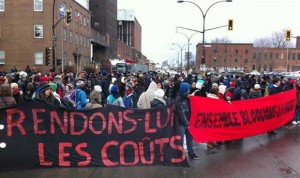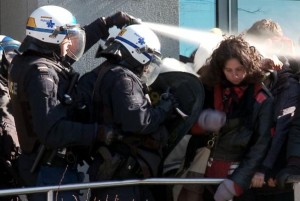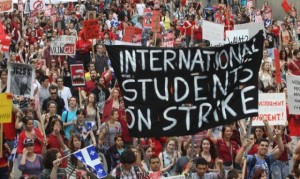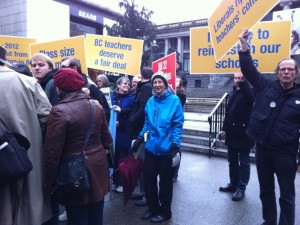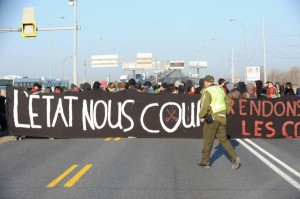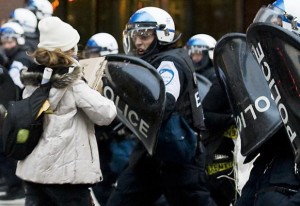Voting overwhelmingly on 22 March to move into a strike position, Graduate Teaching Assistants at the University of British Columbia are now mobilizing for a strike that may begin next week. Frustrated by the University’s unwillingness to give on key components in contract negotiations, the GTA’s bargaining unit, CUPE 2278, is taking steps toward labour action. The government and University have designated the TAs net zero workers. In many ways, the University ought to feel indebted to the GTAs, yet exploitative conditions prevail. CUPE 2278 has asked if it is “okay to let an employer profit off your work at a comparatively lower cost and then balance its budget out of your pocket by passing on its expenses?”
Let’s face it– the TAs, like all workers in BC, deserve much, much better than the net zero worker designation. And rolling over contracts that date all the way back to 2005 is not good enough. The UBC Faculty Association is also bargaining with the University at this time, with faculty members similarly designated as net zero workers. Yet unlike CUPE 2278, the faculty members have a no strike clause in their history with the University. If the 2003 CUPE 2278 strike is an indication, a vast majority of faculty members will nonetheless be on the picket lines behind and beside the students.

 Follow
Follow